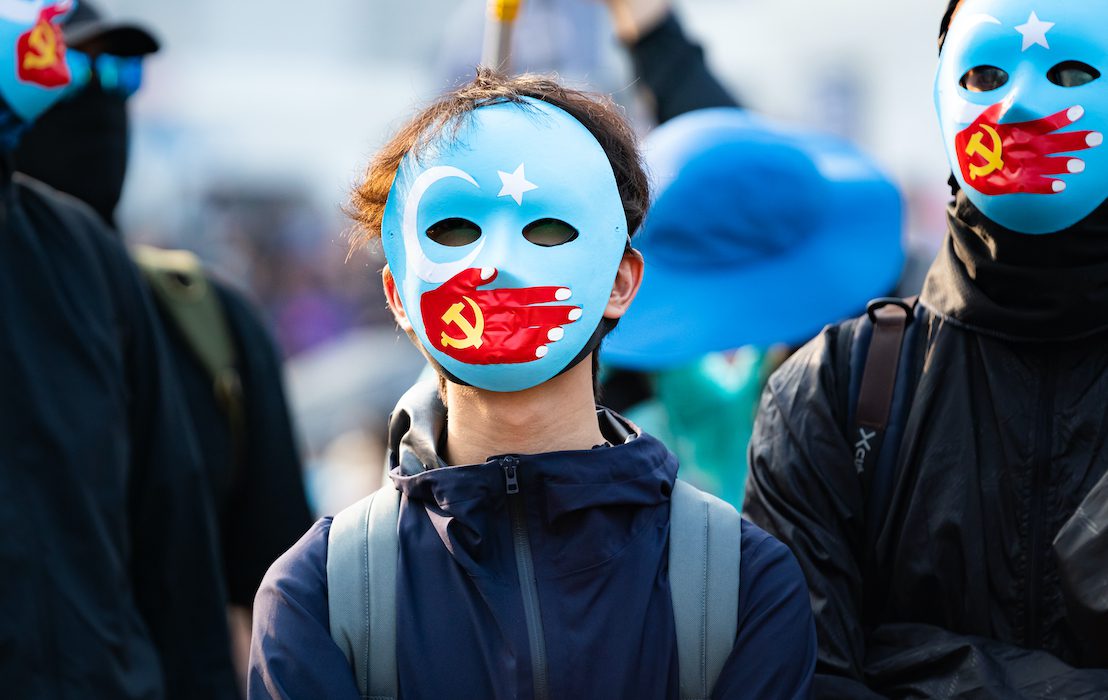
Though it acts as a court, it has no official status. The governments asked to participate have either snubbed or (in the case of China) condemned it. Some witnesses, under threat of sanctions from Beijing, started dropping out before its proceedings had even begun. And yet, the Uyghur Tribunal, whose final hearings took place in London in September, is an institution nobody can afford to ignore. It offers the best hope yet of answering a pressing question: is China committing genocide against the Uyghurs, the 12 million Turkic Muslims in the northwestern region of Xinjiang?
A series of testimonies from the region, collected by organizations such as Human Rights Watch and publications including the Washington Post, the Independent, and the New Yorker, indicate that since late 2016, Xinjiang has been transformed into a nightmarish police state, where Uyghurs are spuriously arrested, detained, subject to forced labor, raped, tortured, separated from their spouses and children, and forced to confess to non-existent crimes. The scale is unclear, but satellite imagery suggests that at least 1 million, and perhaps three times that, have suffered imprisonment at some point. A leaked memo showed that in a single week in 2019, the authorities in southern Xinjiang seized over 16,000 citizens, with 5,500 more recorded as “temporarily unable to be detained.”










